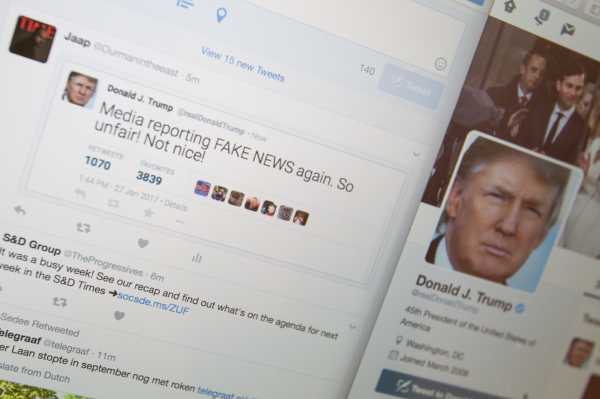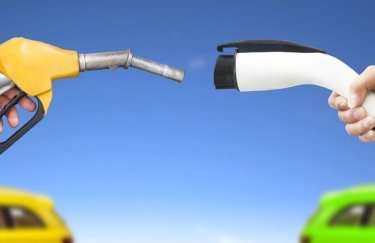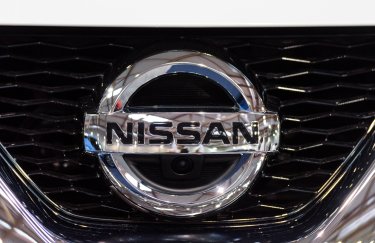
In their recounting of Facebook’s “hellish two years,” Wired’s Nicholas Thompson and Fred Vogelstein tell the story of a company seduced by the allure of being an “open platform,” of hosting all information but making no editorial choices, only to learn that no such thing is truly possible, that to refuse to make choices is itself a choice.
Facebook didn’t understand the way Russia had used its platform to tilt the 2016 election until months after the vote. But it has long known about filter bubbles, about the way social media boosts outrage and flattens nuance. “Members of the leadership team regarded these as issues that couldn’t be solved, and maybe even shouldn’t be solved,” Thompson reports.
As Facebook saw it, tribal drama plays out wherever humans congregate, whenever they are allowed to sort themselves and choose their information. There is nothing unique to social media in this. Cable news builds filter bubbles, and local news thrives on outrage. As one Facebook executive says to Wired, the problem “is not Facebook. It’s humans.”
There is a strangeness to that quote, to the idea that there is a category of thing called “human” and then a category of thing called “Facebook.” Facebook, of course, is made of humans, its vaunted algorithms tuned by us, fed by us, trained by us. So too is our economy, and our politics, and our society. They reflect us, for better and, just as importantly, for worse.
But it is not just Facebook that is seduced by the idea of being an open platform, that wants to create a neutral space for political activity, then blame humans if it goes awry, that fears the optics of elites making choices and building safeguards. This idea pervades our politics too.
The aftermath of the 2016 election has been dominated by two questions. How did Donald Trump win? And did the Democratic Party tilt too much toward Hillary Clinton, choking Bernie Sanders’s candidacy and condemning America to a Trump presidency?
Lurking in these questions is a very modern vision of electoral politics. Today, we see elections, and even party primaries, as open platforms; to imagine anything else is unnatural. But primary elections didn’t exist in American politics until the beginning of the 20th century, and they did not decide presidential nominees until the 1970s.
Neither the candidacy of Donald Trump nor of Bernie Sanders would have been remotely possible as recently as the 1960s. Back then, the point of political parties was that they were gatekeepers, that they carefully chose their champions and guarded against the incursions of outsiders and demagogues. This narrowed choice, ruling out candidates who carried important new messages, or were free from old party orthodoxies. But it was also a check against would-be strongmen who knew how to excite a crowd but posed a danger to the country.
Today, even mild interventions, like the shortening of the Democratic primary debate schedule in 2016, are considered illegitimate, even grotesque. It is unimaginable that superdelegates would actually overturn the will of primary voters, or that the Electoral College would actually reverse the results of the popular vote. The very idea offends our sensibilities, though those institutions only exist because, at one point, they reflected our sensibilities.
The opening of our primary process has come with consequences. As Steven Levitsky and Daniel Ziblatt write in How Democracies Die, Trump-like figures — and worse — have always appealed to a substantial portion of the American electorate, but they were stymied by a system that mistrusted the popular will, that demanded the assent of gatekeepers as well as voters.
If not for parties, it is possible that Henry Ford, or Father Charles Coughlin, or George Wallace would have taken the presidency. They had the same kinds of intense supporters as Donald Trump, but they never had the opportunity to win the Republican or Democratic nomination by winning open primaries. “The real protection against would-be authoritarians has not been Americans’ firm commitment to democracy but, rather, the gatekeepers — our political parties,” they write.
The point is not to lionize the imperfect, unequal electoral systems of yesteryear. They permitted plenty of horrors. It’s to say that our systems reflect our choices, our fears, and our limits. In previous eras, the reigning ideology held that the mob reflected the worst of humanity, and so systems were built, in theory at least, to foil mob rule. Today, the reigning ideology is that the people are wise, and elites are dangerously self-interested, and so our systems are built, at least superficially, to empower the people and foil the elites.
This is the ideology of open platforms, and it is pervasive. It is why Mark Zuckerberg does not want to be seen deciding between true and false news, why the idea that Democratic Party elites favored Hillary Clinton rankles so deeply, why Republican delegates meekly assented to Donald Trump’s nomination. It is why we are so trusting of markets, of consumers, of crowds.
If Mark Zuckerberg censors what we see on Facebook, it’s a scandal. If Facebook users make ugly choices in what to like and share, there is no one to blame; in fact, who are you to even call those choices ugly?
Of course, what we find, again and again, is that these platforms are not truly open, these decisions are not truly democratic, and even if they were, it would still be possible for us to loathe what they have wrought. Facebook called itself an open platform but it is designed around engagement, and as the technology philosopher Jaron Lanier argues, nothing engages like tribalism and outrage. Primaries were designed to be more democratic, but they, too, are designed for engagement — only a tiny percentage of the population participates, and tribalism and outrage often dominate. The choice to abandon gatekeepers, to build systems that prize engagement, is a choice, and it comes with risks.
The hard truth is there is no perfect system, no easy answer. The decisions elites made were often noxious. The actions of crowds can turn ugly. Algorithms and AI — the next stage in all this — wrap our biases and prejudices in a gleaming tower of math. It’s human beings all the way down. The systems we build are choices about which parts of our natures to unleash, and which parts to check. The more we deny we are making those choices, the more we try to hide what they actually are, the more danger we create.
Sourse: vox.com






